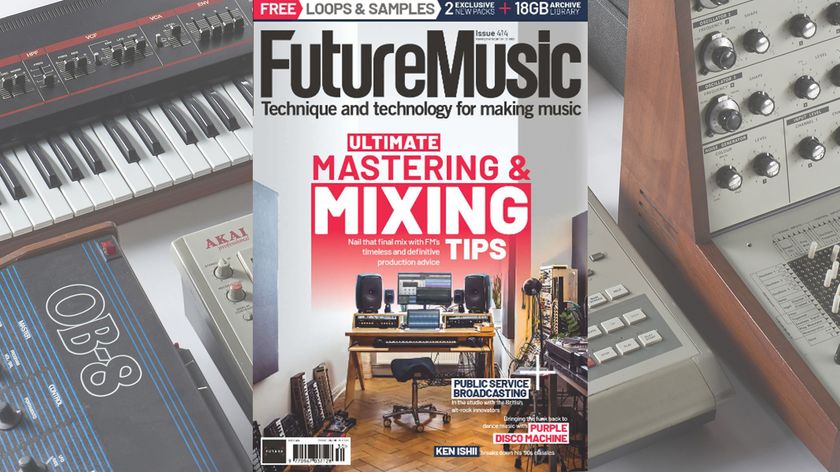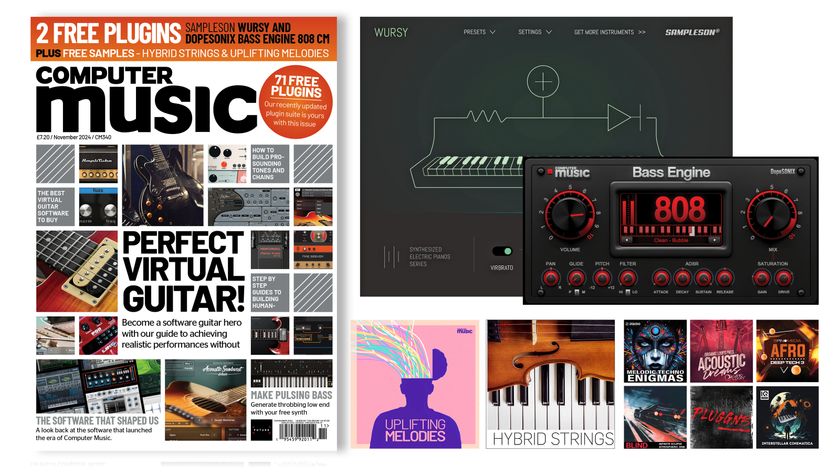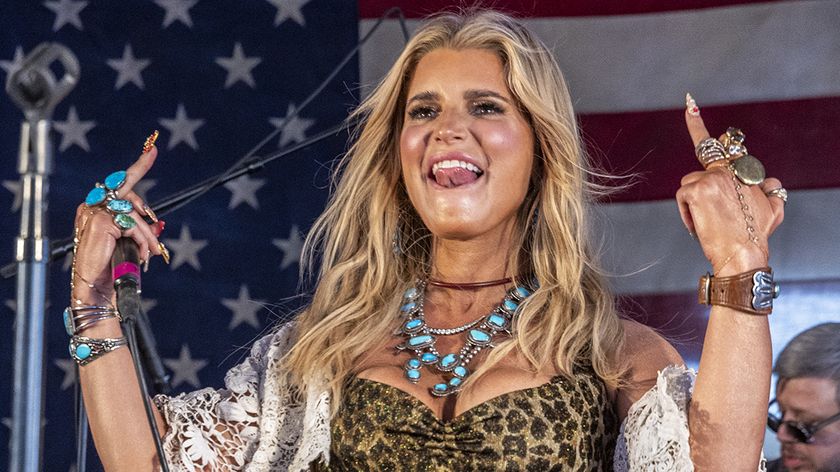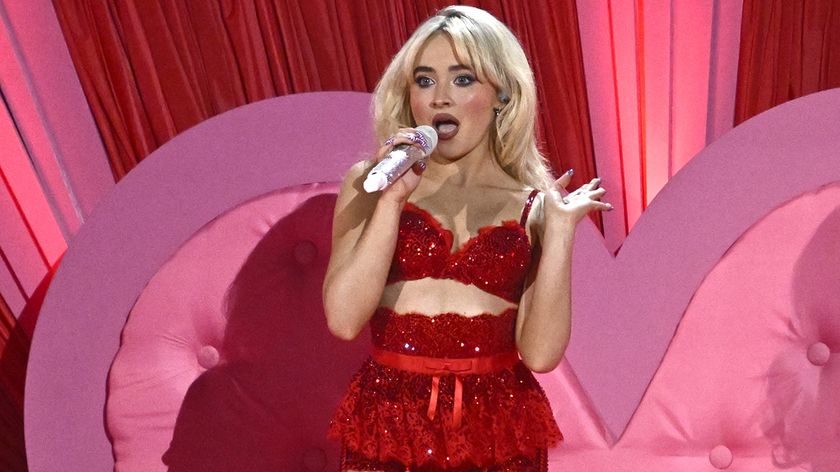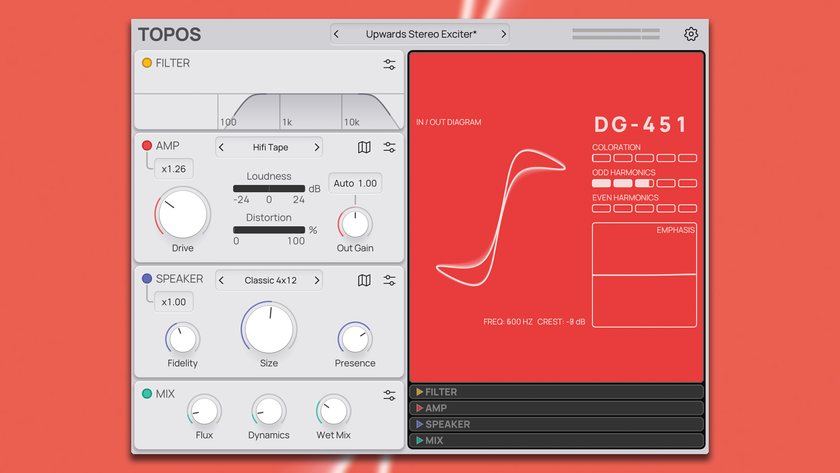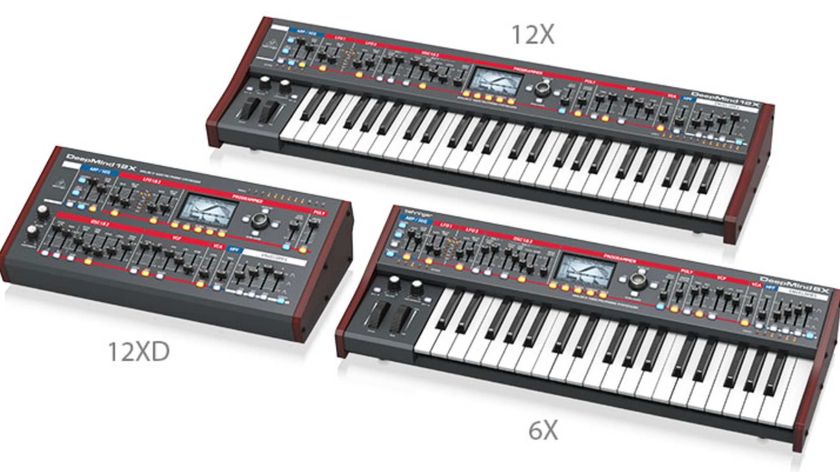Underplayed director Stacey Lee on the lack of women in electronic music: “When I saw the stats, I was horrified”
"It is going to take over 100 years to close the gender gap.”
Although some people might still try and tell you differently, the facts indicate that electronic music still has a massive inequality problem.
Despite the fact that several of its pioneers were women - the likes of Delia Derbyshire and Daphne Oram - it’s men who have come to dominate the industry, particularly in its more technical roles.
Why is that, though, and what can be done to change the situation for the better? These are the questions posed by Underplayed, a new documentary that examines the issues of gender inequality in the electronic music scene.
We caught up with Stacey Lee, the film’s New Zealand director, to find out more.
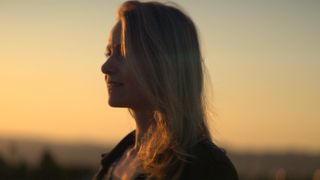
How did the Underplayed project come about? What was it that attracted you to it?
“I wasn't a connoisseur of electronic music, but I've always been attracted to the culture surrounding music. In 2016, I was asked to do a short film on Discwoman, the Brooklyn collective representing and showcasing women and non-binary electronic artists. Through that experience, I was exposed to the issues of gender inequality in electronic music.
“As a filmmaker and director, I was similarly operating in a male-dominated scene trying to break in and be taken seriously. I found really beautiful parallels between what they were experiencing: trying to get represented, respected, paid for your work, being listened to for your ideas. Our industries crossed over in so many ways.
Get the MusicRadar Newsletter
Want all the hottest music and gear news, reviews, deals, features and more, direct to your inbox? Sign up here.
I was curious to know… where did it all go wrong? What are the systems at play that prevent women and other underrepresented folks from rising up? And how do we get back to these very beautiful and inclusive ideals again?
Stacey Lee
“Post the release of that short film came the #MeToo and #TimesUp movements, and other groundswells that propelled and elevated the female voice, which felt amazing and like things were evolving. But by 2018 when I was approached to make the feature documentary version of the film, I was in all honesty a little weary thinking: ‘We've talked about the subject before, and I'm sure things are better.’ But when I saw the statistics, specifically the latest Annenberg Study which showed less than 3 percent of producers and technical roles were filled by women and 0.3 percent by women of color, I was horrified.
“I knew that gender parity was going to take a while, but that statistic feels like negligence. Especially when you take into account the rich and diverse history and the many pioneering women, black, queer, LGBTQI+ people whose shoulders this billion dollar industry sprung from, I was curious to know… where did it all go wrong? What are the systems at play that prevent women and other underrepresented folks from rising up? And how do we get back to these very beautiful and inclusive ideals again?”
Prior to starting the project, how aware were you of electronic music's history, and of the key roles played by women in its early days. Did their early influence come as a surprise to you?
“Because of my prior experience on the short film, I knew a bit about the history, and always got so much joy watching the old footage of these crazy genius mad scientist women in their twinset and pearls making this futuristic avant garde music. But what was surprising was how forgotten their contributions were to the artists today.
"Even pioneer Suzanne Ciani had only recently learnt about Delia Derbyshine and Daphne Oram - her BBC Radiophonic Lab sisters tinkering away across the pond in London in the ‘50, ‘60s and ‘70s - they were making significant contributions but yet their names are all largely forgotten.”
How closely does the electronic music industry resemble the film industry in terms of gender inequality? Would you say that either one is 'better' or 'worse', or is it reductive to think about the problem in those terms?
“As mentioned above, there are a lot of similarities between both industries, so much so that Annenberg has done a similar study on the lack of diversity within the film industry and the statistics are just as dire. It’s hard to know which is better or worse, but I do have to say that it is not on the women in the field to fight the good fight for better representation.
"That’s like shouting into the echo chamber. It is going to take over 100 years to close the gender gap and it is going to take action across the gender spectrum in order to bring about the change we need to see.”
Whenever the subject of gender inequality in electronic music comes up, we frequently get comments from men who claim that either the problem doesn't exist, or that 'women just need to make better music'. Having seen first-hand the problems that exist, how would you respond to these people, and how can attitudes like this be changed?
“As Maxie Gedge from the 50/50 gender balance initiative Keychange says: ‘When people say there aren’t enough women, we say look harder. Talent is everywhere. Opportunity isn’t.’
“I 100% agree with this statement. Every artist or filmmaker at some point in their career had to make their first film or their mainstage appearance. No matter how good, bad or ugly. But unless you are given the chance, you are never going to have the opportunity to grow, to learn and to take that leap.
“What needs to happen, especially when it comes to festival programming, is they need to start creating a pipeline of opportunity for diverse talent to get the necessary experience to rise up to mainstage level.
“What this means is that once the headliners (AKA the ticket sellers) are booked, think about the small stages, the pre-acts, the earlier slots; programme those with diversity in mind so they get the chance to grow an audience and play at a professional level. It’s not a risk and it doesn’t affect ticket sales because you already have the headline act programmed.”
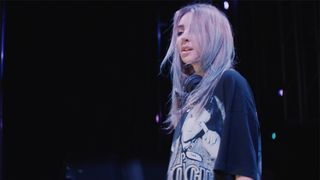
How responsible are the media for perpetuating the myth that men are somehow 'better' at electronic music than women?
“The problem does not lie squarely on the media, but there is definitely room for improvement. I don’t think it helps a women’s case when articles lead with how she looks on her album rather than how she sounds. Or getting booked because of her Instagram rather than her SoundCloud.
“The conversation around women in electronic music needs to shift from ‘being a woman’ to ‘being a creative person’. Focus on craft first, skills, composition... entrepreneurship.
“Every single artist profiled in this film has many strings to their bow; Alison Wonderland not only produces her own tracks, she composes all the instrumentation, leads a band, sings, writes, designs her own merch etc etc. There are a lot of other dimensions to write about when it comes to a lot of the female artists out there other than gender, and I’m sure they would appreciate being asked.”
Many of the biggest pop stars in the world are women, but the producers of these records are almost exclusively men. Why do you think it is that women are more accepted as artists than for their technical skills?
“Like the festival, the same pipeline approach applies to the access and opportunity women are given in technical spaces. It’s not that they can’t do it, but socialisation has had a huge influence on the spaces women think they can occupy.
“A saying that comes up over and over again in the film is: ‘if you can’t see it, you can’t be it.’ Initiatives like Terri Winston’s Women’s Audio Mission are doing a lot of great work in the Bay Area turning the stats around, educating young girls and women in the technical and engineering aspects and giving them the opportunity to feel the power of what it's like to really control a console.”
Finally, having made the documentary, are you hopeful about the future of electronic music? Do you think things are changing, or is the situation now as bad as it's ever been?
“My biggest hope with this film is that it becomes an inspirational primer for debate, discussion and most importantly change. By shifting the focus of the conversation around gender in electronic music to show rather than tell, the next generation of young girls are getting behind the scenes access to a diversity of approaches, skill sets and styles so they hopefully can watch it and dream, ‘that could be me’.”

I’m the Deputy Editor of MusicRadar, having worked on the site since its launch in 2007. I previously spent eight years working on our sister magazine, Computer Music. I’ve been playing the piano, gigging in bands and failing to finish tracks at home for more than 30 years, 24 of which I’ve also spent writing about music and the ever-changing technology used to make it.
